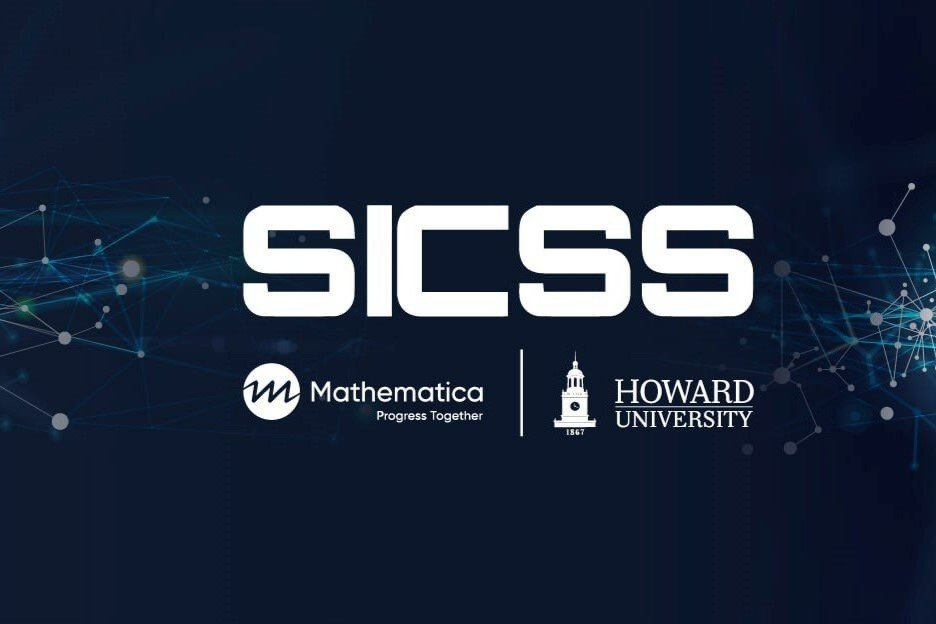Monthly focus

Find a post
Methods Minute Newsletter
Sign up to be the first to know about the latest news and events
Join Anouk S. Rigterink and Mareike Schomerus, authors of the newly published textbook ‘Research Design in Politics and International Relations’ as they introduce ways in which teaching research methods can empower students to think like researchers, help overcome common student anxieties and reignite students’ curiosity for political questions.
In honor of World Autism Acceptance Month, this webinar highlights the experiences of neurodiverse scholars and researchers. Learn how to create inclusive academic environments, support neurodiverse colleagues, and explore research approaches that embrace cognitive diversity. The session will also address the unique perspectives neurodivergent individuals bring to academic publishing, offering guidance for navigating the publication process and sharing their research with confidence.
This webinar will explore practical approaches for supporting the United Nations Sustainable Development Goals (SDGs) within scholarly research and publishing. Panelists will share their experiences in SDG-related initiatives that help deliver the full societal impact of research, including integrating SDG content into journals and other publications. The session will provide actionable insights for researchers intending to engage actively in projects that promote and embed SDG-aligned policy. Attendees will learn how to champion SDG progress, foster partnerships, and explore ways to amplify the impact of scholarly communication in both policy and practice.
Featured posts
This blog post is the eighth, and final, post in a follow-on to our 2021 “The future of computational social science is Black” series, about a Summer Institute in Computational Social Science organized by Howard University and Mathematica. It continues to bring the power of computational social science to the issues of systemic racism and inequality in America. This marks the third iteration of the successful SICSS model being hosted by a Historically Black College or University.
This blog is the seventh, and penultimate post, in a follow-on to our 2021 “The future of computational social science is Black” series, about a Summer Institute in Computational Social Science organized by Howard University and Mathematica. It continues to bring the power of computational social science to the issues of systemic racism and inequality in America. This marks the third iteration of the successful SICSS model being hosted by a Historically Black College or University.
This blog post is the sixth of eight in a follow-on to our 2021 “The future of computational social science is Black” series, about a Summer Institute in Computational Social Science organized by Howard University and Mathematica. It continues to bring the power of computational social science to the issues of systemic racism and inequality in America. This marks the third iteration of the successful SICSS model being hosted by a Historically Black College or University.
Latanya Sweeney, scholar of technology science, Daniel Paul Professor of the Practice of Government and Technology at the Harvard Kennedy School and in the Harvard Faculty of Arts and Sciences, and director and founder of the Public Interest Tech Lab, delivered the keynote address for SICSS-Howard/Mathematica 2023.
This blog post is the fifth of eight in a follow-on to our 2021 “The future of computational social science is Black” series, about a Summer Institute in Computational Social Science organized by Howard University and Mathematica. It continues to bring the power of computational social science to the issues of systemic racism and inequality in America. This marks the third iteration of the successful SICSS model being hosted by a Historically Black College or University.
This blog post is the fourth of eight in a follow-on to our 2021 “The future of computational social science is Black” series, about a Summer Institute in Computational Social Science organized by Howard University and Mathematica. It continues to bring the power of computational social science to the issues of systemic racism and inequality in America. This marks the third iteration of the successful SICSS model being hosted by a Historically Black College or University.
This blog post is the third of eight in a follow-on to our 2021 “The future of computational social science is Black” series, about a Summer Institute in Computational Social Science organized by Howard University and Mathematica. It continues to bring the power of computational social science to the issues of systemic racism and inequality in America. This marks the third iteration of the successful SICSS model being hosted by a Historically Black College or University.
More community sites from SAGE Publishing
Follow us on Twitter
The Research Methods story















